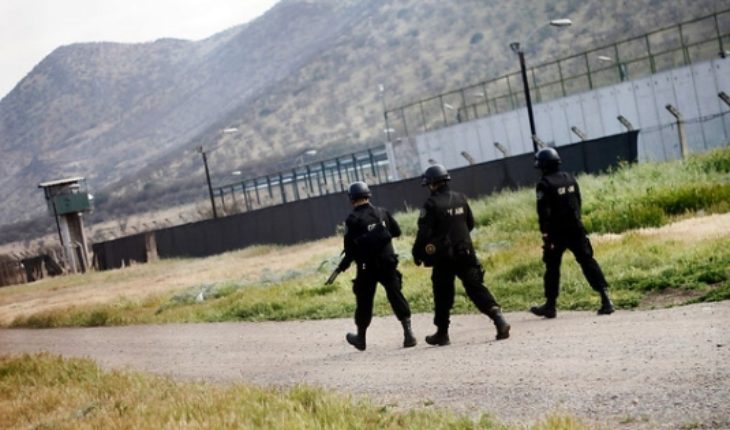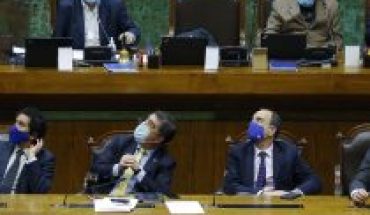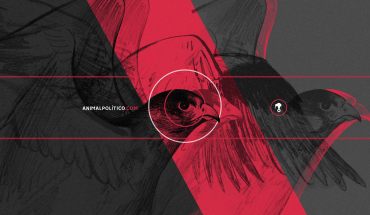the second half of this year has been marked by a rise of sentimie many humanitarian in the re-evaluation of sentences of soldiers in retreat and exagentes of State convicted of serious violations to human rights during the dictatorship of Augusto Pinochet. On July 30, the Supreme Court issued a series of failure unprecedented in its nature, granting probation to four former army and a non-commissioned officer of police held in Punta Peuco prison and sentenced for crimes of torture , kidnapping and homicide. The compasional moment that lives today our country has achieved a paradigmatic expression in the initiative of the Government, “humanitarian law”, which seeks to confer any benefit of parole for prisoners – including those who have committed crimes of lesa humanity – in a situation of serious illness. The recent rulings of the Supreme, the legislative debate that led to the failed prosecution of constitutional of three of his ministers, and the recent appeal of members of the UDI to the Inter-American Commission of DD. HH in order to assert reasons humanitarian above effective repentance and collaboration with justice to free prisoners in Punta Peuco, are some reverberations of this compasional momentum.
What us this series of events in the history of Chile present spoken? How the humanitarian language has acquired such paradoxical gravitation? The entrance of emotions and humanitarian values in the public sphere reveals significant changes in the way in which the moral feelings intertwine to point confused with political interests and decisive action of Justice. Sensibilities and emotions of moral order explicitly encourage decision making both in the Parliament and in justice and the Executive, fueling rhetoric and legitimizing the actions.
The humanitarian impulse plays a central role in our century. Several studies have observed their concrete manifestations in various regions of the planet. In the Chile present this phenomenon takes a form, at the same time, radical and paradoxical. This is because our country is witnessing a gradual sedimentation of a liberal moral economics, where political demands compete and merge with humanitarian claims. The humanitarian discourse tends to occur in the majority of cases as neutral and universal. Instead of appealing to citizenship rights, humanitarianism claims first and foremost the supremacy of human rights. In the end, do not all share the membership condition to humanity? Not are expected to give proof of humanity to the suffering of others? Here is part of the power and effectiveness of this discourse, which the anthropologist Michel Agier tilda totalitarian.
But back to the paradoxical claim of humanitarian principles to free prisoners of Punta Peuco, convicted of crimes against humanity. In this case we see how the vocabulary of the compassion and of the humanitarian is inserted into the heart of the reasoning of government authorities, parliamentarians and judges of the Supreme Court; both serve to describe what is at stake as to base its deliberations and proposals. Logically, you could argue that there is a dose of cynicism when the language of the moral sentiments is used to produce impunity by putting in place measures they weakens the restoration of truth, justice and reparation. But, beyond the always feasible instrumentalization of humanitarian discourse, one wonders, why today the language of affections and values seems to have a political performance as high? Far from spreading, what we see in practice are entanglements and amalgams of claims of humanitarian and political interests; Government initiatives dress humanitarian arguments and humanitarian organizations become politicized. Implications moral and political yet to define such transformations compel us as a society to not circumvent the thorny but necessary question: what we earn and what we lose with the change when we invoke a serious illness rather than learn of violence of State, when we mobilize compassion in the absence of Justice?
Co ntent poured in this op-ed is the sole responsibility of the author and do not necessarily reflect the editorial line nor the counter position.





